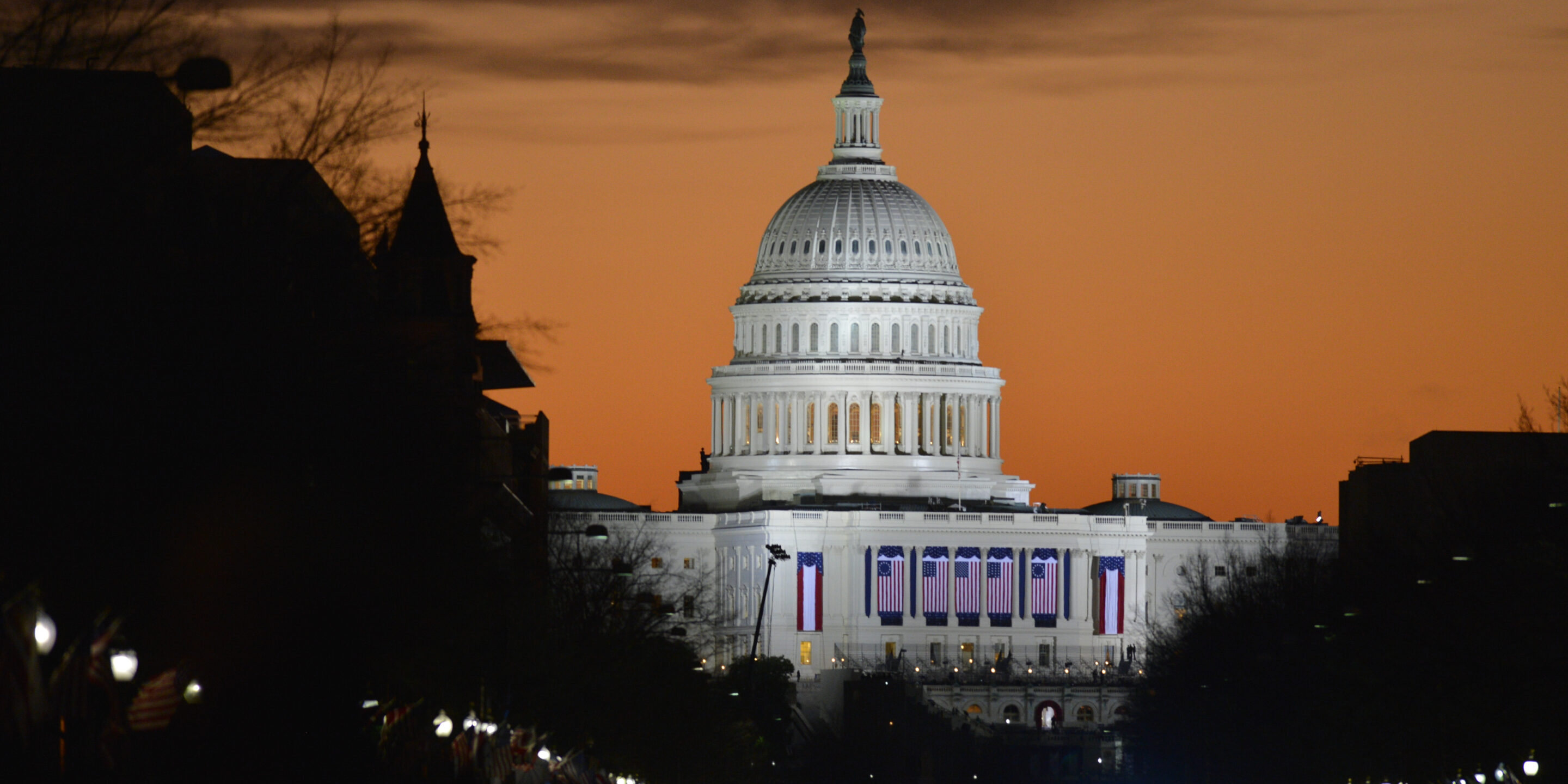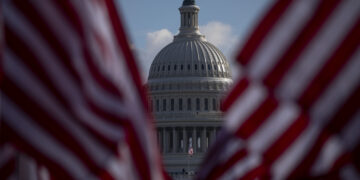November 5, 2024
Why a Trump win may not rock the boat as much as you think

If you didn’t know any better, you might think the 2024 US presidential election was a make-or-break moment for America and the world. Allies and adversaries alike will be watching the election results like the rest of us: on the edge of our seats. Pennsylvania, Michigan, and Wisconsin are at the centre of the universe right now. So goes the result in those three states, so goes the fate of the international system as we know it.
It’s all a bit dramatic. Sure, certain countries have their favourites. South Korea, for example, is petrified that a second Donald Trump administration would put the cost-sharing deal that was recently signed through the shredder and demand an entirely new negotiation, whereby Seoul would need to fork over more cash to keep the roughly 28,000 US troops stationed on South Korean soil. While German officials are far too polite to endorse anybody in public, it doesn’t take a genius to assume that Berlin prefers Kamala Harris to Donald Trump, who delighted in bashing the Germans over the head for all sins, real or perceived. Indeed, with the exception of Hungarian leader Viktor Orban, one would have a hard time finding a European head of state who isn’t shuddering at the prospect of Trump 2.0. If there’s anybody other than Americans who will be watching the returns with nervousness and anticipation, it’s the Ukrainians, whose 33-month-long war with Russia could depend as much on what happens in Washington as it does on what happens in the Donbas.
But too much drama has the tendency to create sensationalism—and sensationalism is poison to reasonable discourse. Pundits and commentators in Washington, D.C., are prone to describing the 2024 contest as a stark choice between American isolationism and American internationalism, as if the futures of the roughly eight billion people inhabiting the earth will rise or fall depending on the result.
In reality, what we are likely to get is initial shock, followed by a return to complacency. A status-quo US foreign policy has been remarkably durable—and depending on the region, unquestionably ineffective or downright disastrous—since the bipolar system collapsed in favour of US supremacy in the early 1990s. A Trump win may not necessarily change that.
More on Western Hemisphere

July 8, 2025

By Daniel DePetris and Christopher McCallion
July 2, 2025

Featuring Jennifer Kavanagh
June 11, 2025

Featuring Edward King
June 3, 2025
Events on Grand strategy





